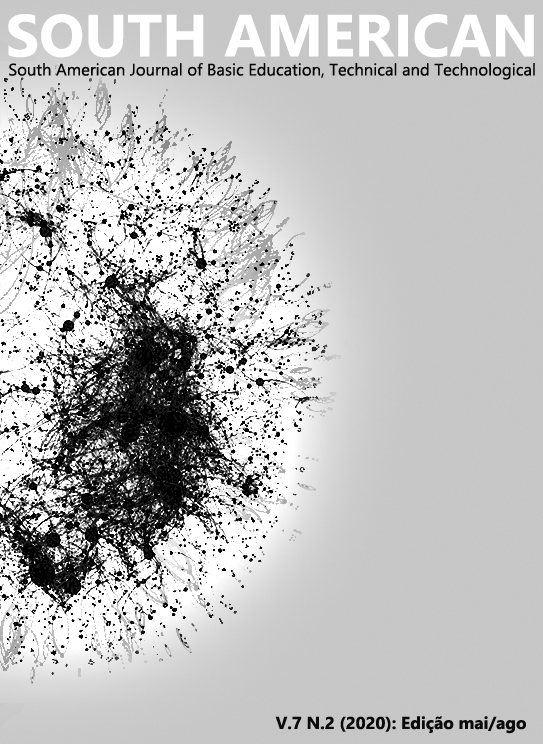THE USE OF MONEY AS A SUSTAINABLE RESOURCE: TEACHING PROPOSAL AND EXPERIENCE REPORT
Keywords:
Ensino, Educação básica, Educação financeira, Educação MatemáticaAbstract
Financial education in Brazil is a recent topic. We live in a context, whose culture is not based on the fundamentals of necessary consumption, but on the ideology of consumerism, which is a forged mental habit that has become one of the most striking cultural characteristics of today's society, with special repercussions for children. Therefore, our objective in this article is to report the steps of building a didactic technique that privileges the look of sustainable use of money, which consists of a game with the participation of the teacher and students that considers dialogues between the themes based on decision-making practices of using money. and goods, as well as the experience report of the game application. As a result, the course of the game led the participants to reflect on the importance of knowing the relationships between topics such as social inequality, ethics, waste, environment and sustainability, maintaining a positive behavior in relation to the sustainable use of money. The proposed game presented itself as a more attractive methodological alternative in order to motivate children in teaching subjects related to practical mathematics, since sometimes the classroom has become a monotonous, tiring and uninteresting place. We conclude that the didactic proposal of the game sustainable money, contributed positively to the teaching process, in addition to transforming the classroom into a relaxed environment, taking the teaching in a playful and pleasant way, by proposing the social co-responsibility of the sustainable use of financial resources, making education for financial autonomy of participating children feasible.
Downloads
References
CHEVALLARD, Y. La notion d’ingénierie didactique um concept à refonder questionnement et élements de réponse à partir de la TAD. 2009b. Disponível em: <http://yves.chevallard.free.fr/> Acesso em 20 Jan 2017.
ELLEN Wartella, ADRIANA Olivarez & NANCY Jennigs (UNESCO, 1999, P. 61).
TRIGUEIRO, André. Mundo sustentável: abrindo espaço na mídia para um planeta em transformação / André Trigueiro. – São Paulo: Globo, 2005.










